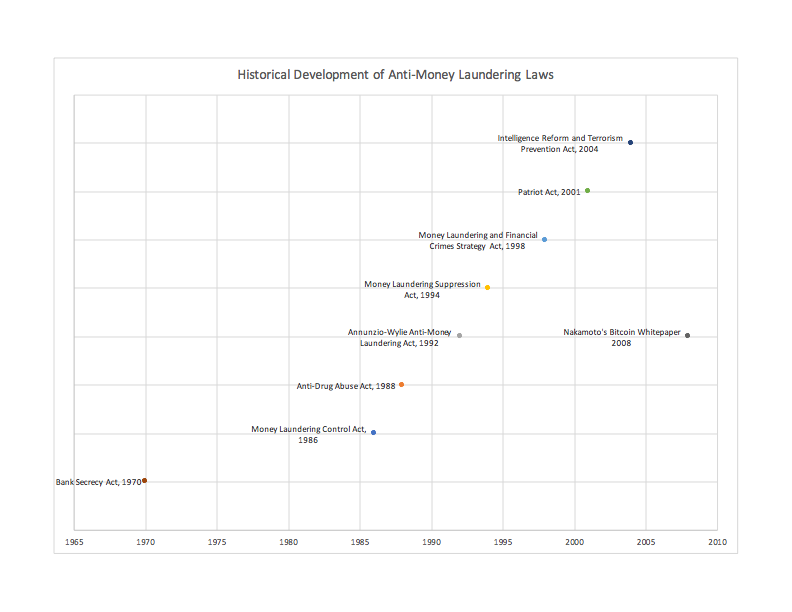A Deontic ethical framework is a normative ethical theory that judges the morality of an action based on whether it follows a set of rules or principles, rather than on its consequences. The word deontic comes from the Greek word
deon, meaning duty or obligation. Deontic ethics is also known as duty-based ethics or
deontology. According to deontic ethics, actions are morally right or wrong in themselves, regardless of the outcomes they produce. The motives of the agent who performs the action are also irrelevant to its moral value. What matters is
whether the action conforms to a moral rule that is binding on all rational beings. For example, lying is always wrong according to deontic ethics, even if it saves someone’s life or prevents harm.
There are different versions of deontic ethics, depending on how they specify the source and content of the moral rules. Some deontologists derive the rules from a divine command, a natural law, a social contract, or a rational intuition. Some deontologists are monists, meaning they believe there is one supreme rule that governs all moral decisions, such as the categorical imperative of Immanuel Kant. Other deontologists are pluralists, meaning they believe there are multiple rules that sometimes conflict with each other, such as the prima facie duties of W.D. Ross (See e.g., [Ross 1939]).

Deontic Ethics – Duty
The main advantage of deontic ethics is that it provides clear and objective guidance for moral action. It does not depend on subjective preferences, emotions, or consequences that are uncertain or unpredictable. It also respects the dignity and autonomy of rational agents by treating them as ends in themselves, not as means to an end. The main weakness of deontic ethics is that it can lead to morally problematic results when the rules conflict with each other or with common sense. It can also be rigid and inflexible in dealing with complex and changing situations. It may not account for the moral relevance of circumstances, intentions, or relationships. It may also be difficult to justify or agree on the origin and validity of the moral rules. The following are some of the different deontic ethic frameworks:
Kantianism: This is the most influential and well-known deontic ethic framework, developed by Immanuel Kant ( see e.g., [Kant 1785]). It holds that the only thing that is good in itself is a good will, which acts from a sense of duty. Duty is determined by the categorical imperative, a universal and rational principle that commands us to act in such a way that we can will our maxim to become a universal law. Kantianism respects the dignity and autonomy of rational beings by treating them as ends in themselves, not as means to an end.
Contractarianism: This is a deontic ethic framework that bases morality on a hypothetical social contract, a rational agreement among free and equal persons to abide by certain rules or principles for their mutual benefit. The contract can be seen as a way of justifying or deriving moral rules, or as a way of testing their validity. Contractarianism can take different forms, such as the original position of John Rawls (See e.g., [Rawls 1971]), the state of nature of Thomas Hobbes (See e.g., [Hobbes 1651]), or the veil of ignorance of John Harsanyi (See e.g.,Harsanyi 1977]).
Natural rights theory: This is a deontic ethic framework that holds that every individual has certain universal and inalienable rights, such as life, liberty, and property, that are inherent to human nature and independent of any actions or ethics. These rights are derived from natural law, a moral order that is discoverable by reason and binds all rational beings. Natural rights theory can be traced back to the works of John Locke (See e.g., [Locke 1689]), Hugo Grotius (See e.g., [Grotius 1625]), and Samuel Pufendorf (See e.g., [Pufendorf 1673]).
Divine command theory: This is a deontic ethic framework that holds that an action is right if and only if God has commanded it to be right, and wrong if and only if God has forbidden it. God’s commands are the ultimate source and standard of morality, and human reason and conscience are subordinate to divine revelation. Divine command theory can be found in various religious traditions, such as Judaism, Christianity, and Islam.
Pluralistic deontology This is a deontic ethic framework that holds that there are multiple moral rules or principles that sometimes conflict with each other, and that there is no single supreme rule that can resolve these conflicts. Instead, we have to use our judgment and intuition to weigh and balance the different rules in each situation. One example of pluralistic deontology is the prima facie duties of W.D. Ross, such as fidelity, gratitude, justice, beneficence, self-improvement, and non-maleficence.
Agent-centered deontology: This is a deontic ethic framework that focuses on the moral obligations and permissions of the agent who performs an action, rather than on the rights or interests of the patient who is affected by the action. Agent-centered deontology can include special duties to oneself or to specific others, such as friends or family, or special permissions to act in self-defense or out of partiality. Agent-centered deontology can also involve agent-relative reasons or values, such as honor, integrity, or loyalty.
Patient-centered deontology: This is a deontic ethic framework that focuses on the moral rights or interests of the patient who is affected by an action, rather than on the obligations or permissions of the agent who performs the action. Patient-centered deontology can include negative rights to be free from harm or interference, or positive rights to receive aid or assistance. Patient-centered deontology can also involve patient-relative reasons or values, such as dignity, respect, or welfare.
Monistic deontology: This is a deontic ethic framework that holds that there is one supreme moral rule or principle that governs all moral decisions, and that all other rules or principles are derived from or subordinate to it. The supreme rule can be formulated in different ways, such as the golden rule of doing unto others as you would have them do unto you, or the principle of universalizability of R.M. Hare (See e.g., [Hare 1981]).
Rule deontology: This is a deontic ethic framework that holds that morality consists of following a set of general and abstract rules or principles that apply to all situations and circumstances. The rules can be derived from various sources, such as reason, intuition, tradition, or authority.
Deontic ethics has some advantages over consequentialist and virtue ethics. One advantage is that deontic ethics can provide clear and objective guidance for moral action, based on a set of rules or principles that are binding on all rational beings. Consequentialist ethics – even the seemingly quantitative utilitarianism, by contrast, can be vague and uncertain, as it depends on predicting and evaluating the outcomes of actions, which can be complex and unpredictable. Virtue ethics, by contrast, can be subjective and relative, as it depends on cultivating and expressing certain character traits, which can vary across cultures and situations. Another advantage of deontic ethics is that it respects the dignity and autonomy of rational beings, by treating them as ends in themselves, not as means to an end. Consequentialist ethics, by contrast, can violate the rights and interests of individuals or minorities, by sacrificing them for the sake of maximizing the good for the majority or the whole. Virtue ethics, by contrast, can neglect the rights and interests of others, by focusing on one’s own moral excellence or happiness. A third advantage of deontic ethics is that it can account for strong and widely shared moral intuitions about our duties, such as not lying, stealing, killing, or harming others, even when good consequences are in the offing. Consequentialist ethics, by contrast, can justify immoral actions, such as lying, stealing, killing, or harming others, if they produce better consequences overall. Virtue ethics, by contrast, can ignore immoral actions, such as lying, stealing, killing, or harming others, if they are consistent with one’s moral character or ideals.
[Grotius 1625] Grotius, H. (2005). The rights of war and peace (R. Tuck, Ed.). Liberty Fund. (Original work published 1625)
[Harsanyi 1977] Harsanyi, J. C. (1977). Rational behavior and bargaining equilibrium in games and social situations. Cambridge University Press.
[Hare 1981] Hare, R.M. (1981). Moral thinking: Its levels, method and point. Oxford University Press.
[Hobbes 1651] Hobbes, T. (1996). Leviathan (R. Tuck, Ed.). Cambridge University Press. (Original work published 1651)
[Kant 1785] Kant, I. (1998). Groundwork of the metaphysics of morals (M. Gregor, Trans.). Cambridge University Press. (Original work published 1785)
[Locke1689] Locke, J. (1988). Two treatises of government (P. Laslett, Ed.). Cambridge University Press. (Original work published 1689)
[Pufendorf 1673] Pufendorf, S. (2003). The whole duty of man according to the law of nature (I. Hunter & D. Saunders, Trans.). Liberty Fund. (Original work published 1673)
[Rawls 1977] Rawls, J. (1971). A theory of justice. Harvard University Press.
[Ross 1939] Ross, W.D. (1939). Foundations of ethics. Oxford University Press








